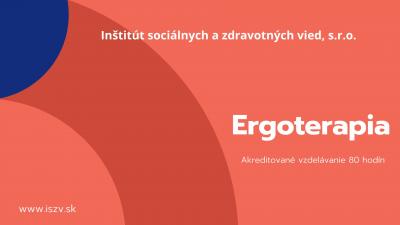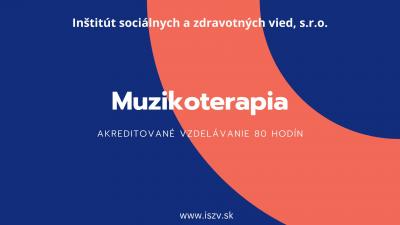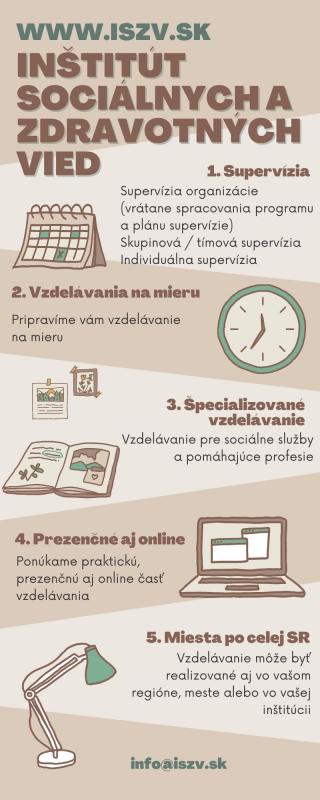mar
6
2021
Trust as an important factor of patient's mental well-being during hospitalization
Abstrakt:
Východiská: Na súbore 190 pacientov s kardiovaskulárnym ochorením (KVO) sme zisťovali uspokojovanie vybraných psychosociálnych potrieb počas hospitalizácie. Zamerali sme sa na úroveň dôvery pacientov voči zdravotníckemu personálu. Súbor sme na základe stupňa dôvery rozdelili na skupinu pacientov s vysokou a priemernou úrovňou dôvery k zdravotníckemu personálu.
Súbor a metódy: Súbor pozostával zo 190 pacientov, z toho bolo 59 žien a 131 mužov. Na zber údajov sme použili neštandardizovaný dotazník, zostavený pre potreby tohto výskumu, ktorý obsahoval otvorené, polootvorené a škálované položky. Vyhli sme sa eticky sporným položkám. Návratnosť dotazníkov bola 100%.
Výsledky: V našom súbore pacientov vykazovalo 26% priemernú úroveň a 74% pacientov vysokú úroveň dôvery voči zdravotníckemu personálu. Pri porovnávaní výsledkov hodnotenia spokojnosti medzi skupinami sme zistili štatisticky signifikantné rozdiely vo vnímaní uspokojovania vybraných psychosociálnych potrieb.
Záver: Pacienti s priemernou úrovňou dôvery počas hospitalizácie intenzívnejšie vnímali stres, slabšie hodnotili podporu zo strany zdravotníkov, horšie hodnotili úroveň komunikácie a prístup personálu, udávali nižšiu mieru informovanosti o ochorení a liečbe, hodnotili uspokojovanie psychických potrieb počas hospitalizácie ako nedostatočné.
Kľúčové slová: vzťah sestra-pacient, dôvera, potreby pacienta, psychická pohoda
Abstract:
Introduction: Trust can be defined as relying on others, a certain expectation of future situations, an authentic relationship with clear communication. During patient care, it does not make sense to look for a focus of cooperation unless a sufficiently confidential and open relationship is established. A good relationship between the patient and the nurse has a great influence on the patient's perception of the disease and treatment. Trust is a part of the emotional support, it is the basis of mutual productive communication in the relationship between nurse and patient.
Aims: In this cross-cestional study we addressed 190 patients with cardiovascular diseases (CVD), we wanted to evaluete the level of patients' trust in nursing staff during the nursing process, and we also verified the satisfaction of psychosocial needs during hospitalization.
Methods: At the Department of Acute Cardiology and Coronary Unite, In the National Institute of Cardiovascular Diseases in Bratislava. In this cross-sectional study we used a non-standardized questionnaire to collect data and evaluete the trust and satisfaction of psychosocial needs in 190 patients with CVD.
Results: In this study, 26% of patients had an average level and 74% of patients a high level of trust in nursing staff. Based on the comparison of responses between groups, we found statistically significant values at the level of significance α = 0.05 in the perception of psychosocial needs. The age of the patients was 57.38 ± 9.59 (SD) years, 69% of respondents were men and 31% were women. The length of hospital stay was 4.8 ± 3.03 (SD) days.
Conclusion: Clinical practice in the acute ward and intensive care unit places increased demands on the nurse not only on professional skills, but also on the holistic perception of the patient. In clinical practice, it is necessary for the nurse to approach the patient holistically, to know and accept his needs in all areas. If healthcare professionals do not take a holistic approach, the patient may feel uninterested. This can greatly disrupt patient-nurse relationships and thus impair collaboration. By using psychosocial interventions, the nurse contributes to comprehensive nursing care, to a better relationship between the nurse and the patient, and thus to higher trust on the part of the patient. By gaining trust, it contributes to the optimization of the treatment process, easier solution of the patient's problems by the nursing staff.
Key words: nurse-patient relationship, trust, patient needs, psychical well-being





































